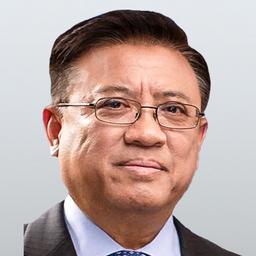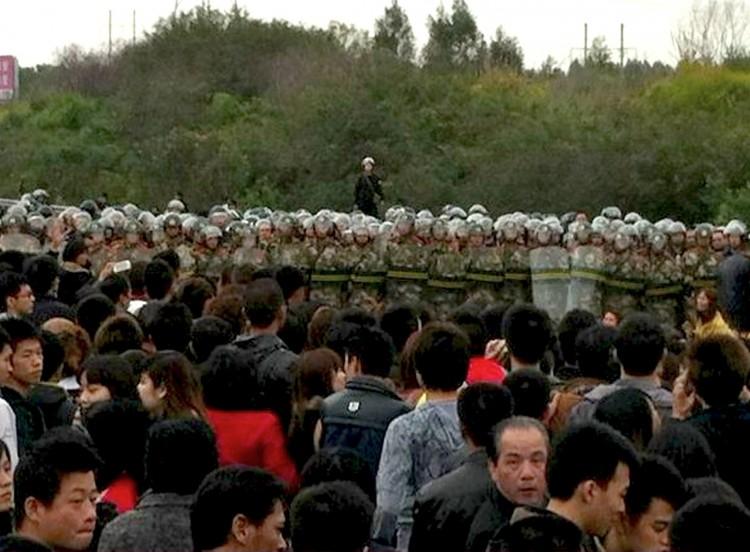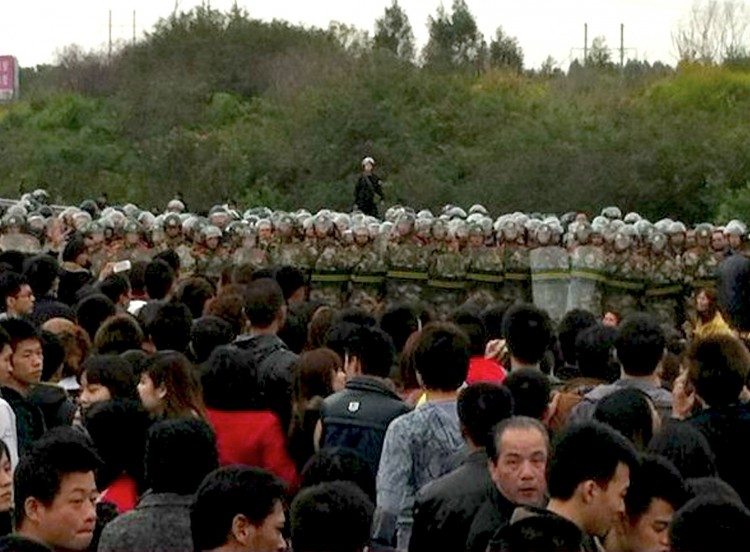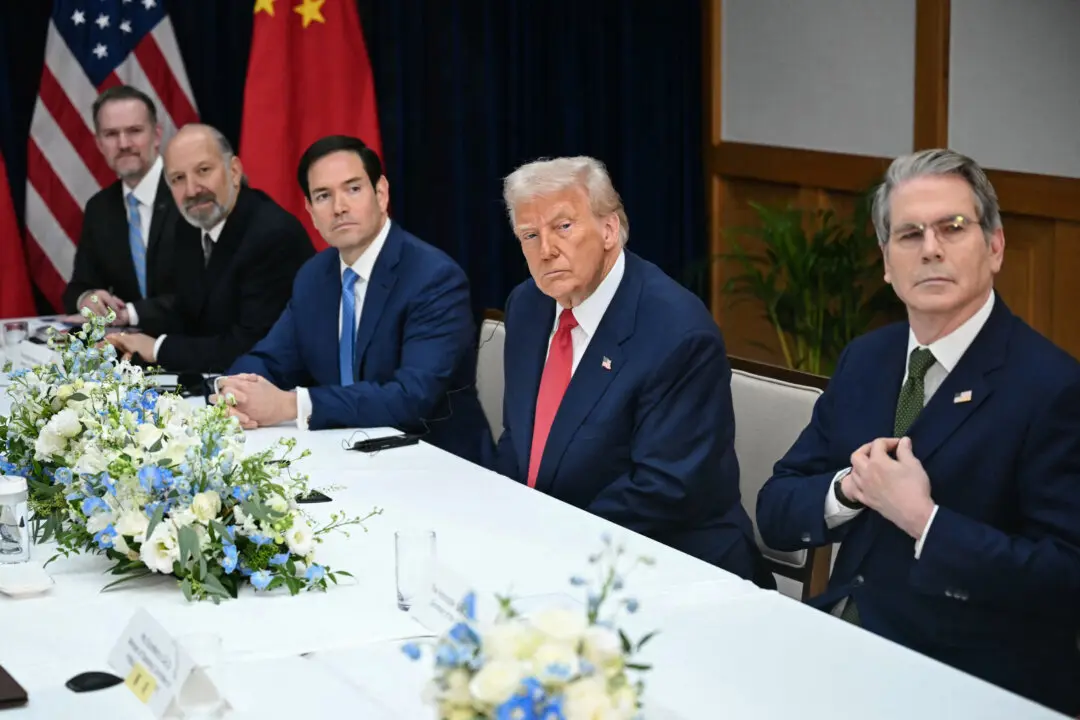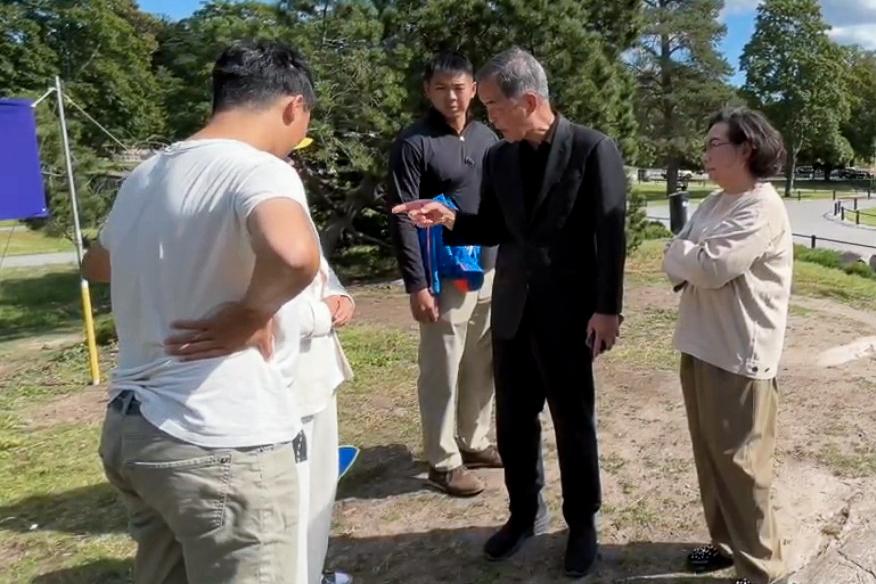In democracies, voters can choose to reject the legacy of a party or a leader and to chart an entirely new course. Nations can renew themselves.
When the Chinese Communist Party (CCP) changes leadership, events are more constrained. Each leader must carry forward the legacy the Party hands off to him, and the burden of the Party’s history limits future possibilities.
Next week, Washington will welcome the man ticketed to lead the fifth generation of the CCP to rule China, as Vice Chairman Xi Jinping will meet with President Obama on Feb. 14.
Continuity and Change
Xi’s assumption of leadership of the CCP at the 18th National Congress will be looked at by many as a new beginning. Having the privilege of observing events in China from the outside and over time, I see Xi’s elevation in terms of certain persistent continuities that have defined the Party.
Forty-three years ago, I first became aware that there was an alternative to the Party, an outside world against which the Party’s actions could be judged. In 1969, like millions of middle and high school students across China, I was sent to the countryside. Leaving behind my native Shanghai, I carried one shortwave radio with me.
It took me several months to get all the parts from different surplus stores and then put them together. When I finally tuned the radio, I heard a totally different voice. Unlike the firm, righteous, and authoritative voice that we heard every day at that time, it was soft and friendly. I immediately realized that it was the Voice of America.
In our small circle of friends who had the same hobby of assembling our own radios, listening to VOA was no secret. But it was dangerous, and listening to the “enemy radio” could even lead to jail.
Today, listening to the VOA is no longer a crime (although the station’s programs are still jammed), but installing a satellite dish to watch the New York-based New Tang Dynasty TV caused one Guangxi Province resident to get slapped with a three-year jail sentence.
In 1972, three years after my move to the countryside, a U.S. president for the first time personally met a CCP leader—Nixon visited China.
When Nixon came to China 40 years ago, there was a criminal charge called “speculation and profiteering.” Actually, anyone who sold a product he did not make could be charged with this crime. All trade was strictly monopolized by the state.
Today, trade is no longer a crime. But in many financial fields, the state still holds exclusive control, and woe betide anyone who crosses the line.
At 24 years of age, the precocious Wu Ying was listed as China’s sixth-richest woman. An independent venture capitalist, she was a dangerous step ahead of the times. Last year, at the age of 30, she was sentenced to death. Her crime: She had raised 770 million yuan (approximately US$122 million) from 11 relatives for investment into various businesses.
She was first charged with “illegal fund-raising”; then the charge was changed to “financial fraud.” Her appeal was denied just last month.
None of relatives who had loaned her money felt victimized by her. She provided the same service as the Chinese stock market, allocating funds to cash-hungry businesses, with one important difference. If the state hadn’t interfered, her investors would have gotten their money back, with interest, which investors in the Chinese stock market never seem to do. Maybe that’s the real reason behind her death sentence.
Forty years ago, China was in the middle of the Cultural Revolution. While Mao used the revolution to destroy his former comrades, most of the “enemies of the state” targeted were drawn from the enemies of the communist revolution and identified by class according to Marxist ideology: land owners, business owners, and “counterrevolutionaries.”
Even the so-called rightists were the survivors of the “old” culture, educated people from before the 1949 “liberation.”

